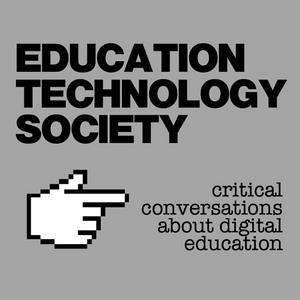There is growing talk about ‘AI ethics’ in education.
We talk to Michał Wieczorek (University College Dublin) about how to think about tech ethics in a philosophically-grounded manner, and how much of the current push for AI in education is ethically questionable.
Accompanying reference >>> Wieczorek, M., Hosseini, M., & Gordijn, B. (2025). Unpacking the ethics of using AI in primary and secondary education: a systematic literature review. AI and Ethics, 1-19.


